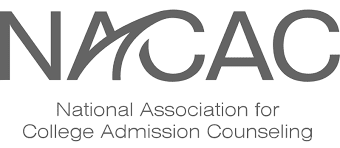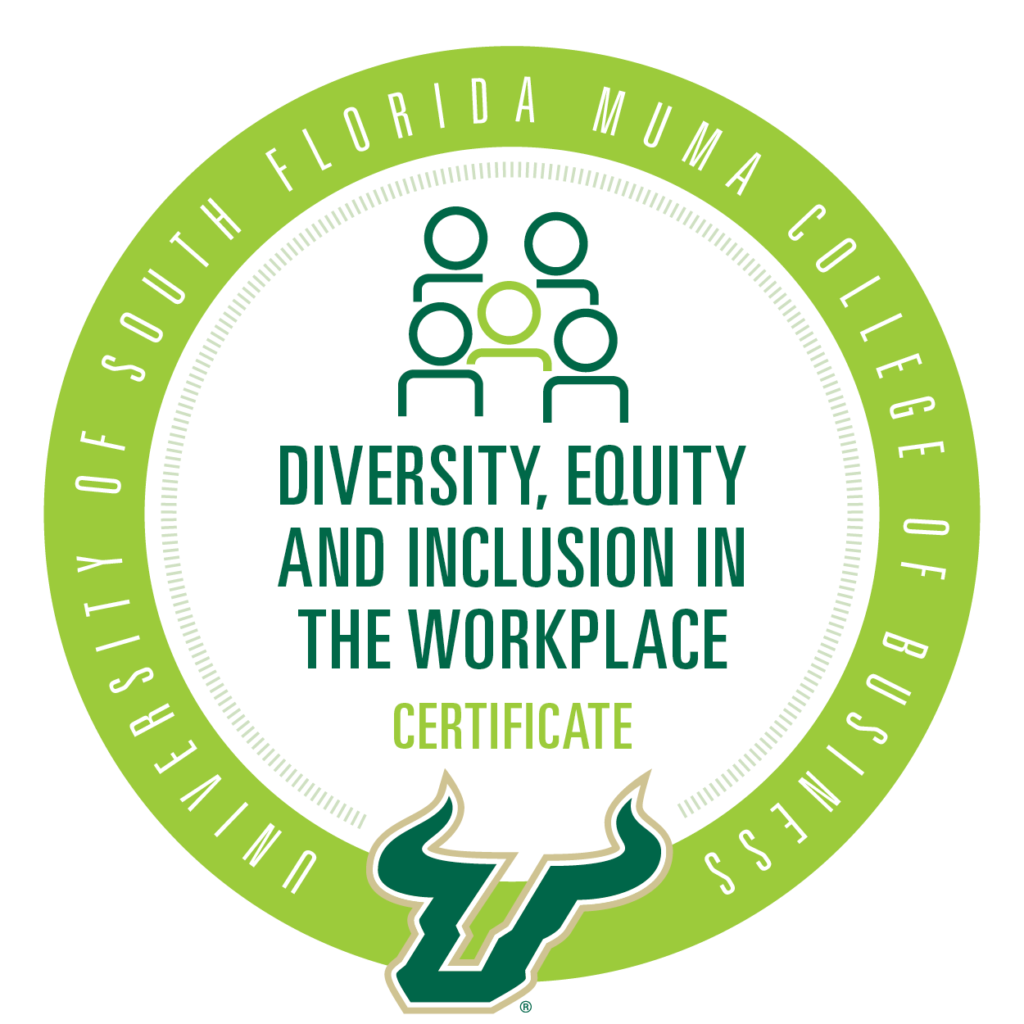Most of you are still relishing in the glory of having your child graduate. You have helped them through the process of applying. You have received your financial aid packages. You have held the celebrations, hosted proud relatives, and watched your child open gifts… Now what? As children all over the country have been accepted into colleges or universities, there are yet more things to be done; crucial things to help set your child up for the most potential for success.
Most people think after high school graduation that all they have to do for the next three months is relax and breathe easy; the hard part is over. The reality is, there are only three months to make sure that your child truly has the independent life skills needed for this important transition in their lives. What are the things your child – and you – needs to know before “move in day?” Some situations students will encounter will fall into several categories, but the three main topics to review with your child are those related to Day-to-Day Life, Social Awareness, and Scholastic Responsibility.
Day-to-Day Life – Does your child know …
- how to do laundry?
- how and when to take any required medication?
- how to access medical help if they become sick or are injured?
- how to access mental health or support services?
- how to maintain a healthy diet?
- how to access public transportation – either on campus or to come home?
- parking regulations and/or restrictions if they currently have their own car?
Social Awareness – Can your child tell you how they would successfully handle…
- roommate issues? (A major cause of students’ dropping out of school)
- conflict resolution with peers?
- conflict resolution/problem solving with professors?
- parties (Will this be their first encounter with alcohol? Do they know about Designated Drivers? What will they do if offered drugs?)
- questions about sexuality? (Have you discussed safe sex practices with them?)
- meeting and living with people who are vastly different from those they have encountered? (different parts of the country, or even from foreign countries; different races or religions; LGBTQA; strong political views, etc.)
Scholastic Responsibility – How will your child…
- schedule their classes? (Will they meet with an Advisor? Are the classes in alignment with their major?)
- handle class rigor? (How are their note-taking skills? Do they know what a syllabus is? Do they meet academic deadlines independently?)
- manage their time? (Do they know how to schedule multiple components of their classes in order to complete assignments on time? Can they find a balance between their academic responsibilities and their social life independently? If they have a job, can they maintain their academic requirements successfully?)
- get help if/when they need academic support? (Are on-campus tutors available? What resources are there for struggling students?)
Parents, over the next three months, these are things to discover about your young adult. There are also things for which you need to prepare. Late night calls, surprise expenses, academic speed bumps resulting in grades for your child that you did not expect. Your child needs to be more independent than ever before. Your role is changing from active participant, to supportive observer.
While no one is ever truly ready for the big changes ahead, these are some points to ponder, and some good discussions to have with your child. Now, enjoy this time with your child as they transition into a young adult… three months will go by faster than you think.








